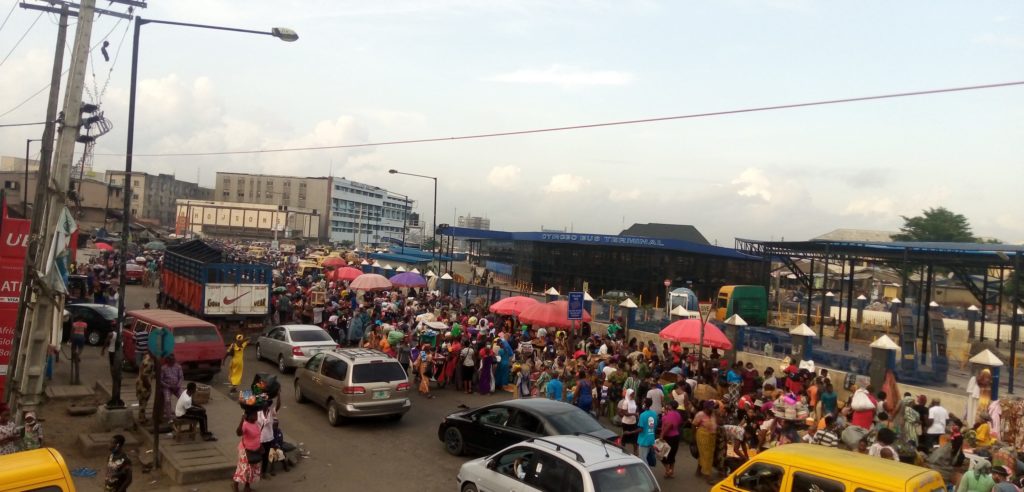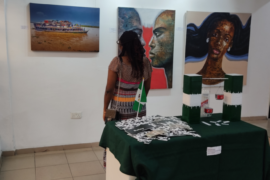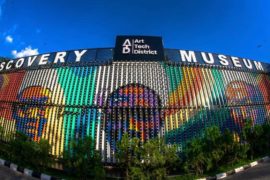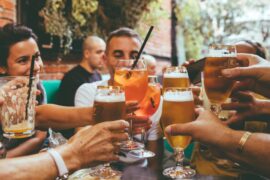They say the year 2020 will be remembered for many things, but most especially the year that changed Lagos life. Is this accurate?
Let’s see. First of all, like any other city around the world, Lagos faced a fair share of the devastating impact of the coronavirus pandemic. Its government visibly made efforts in the fight against the virus to flatten the curve.
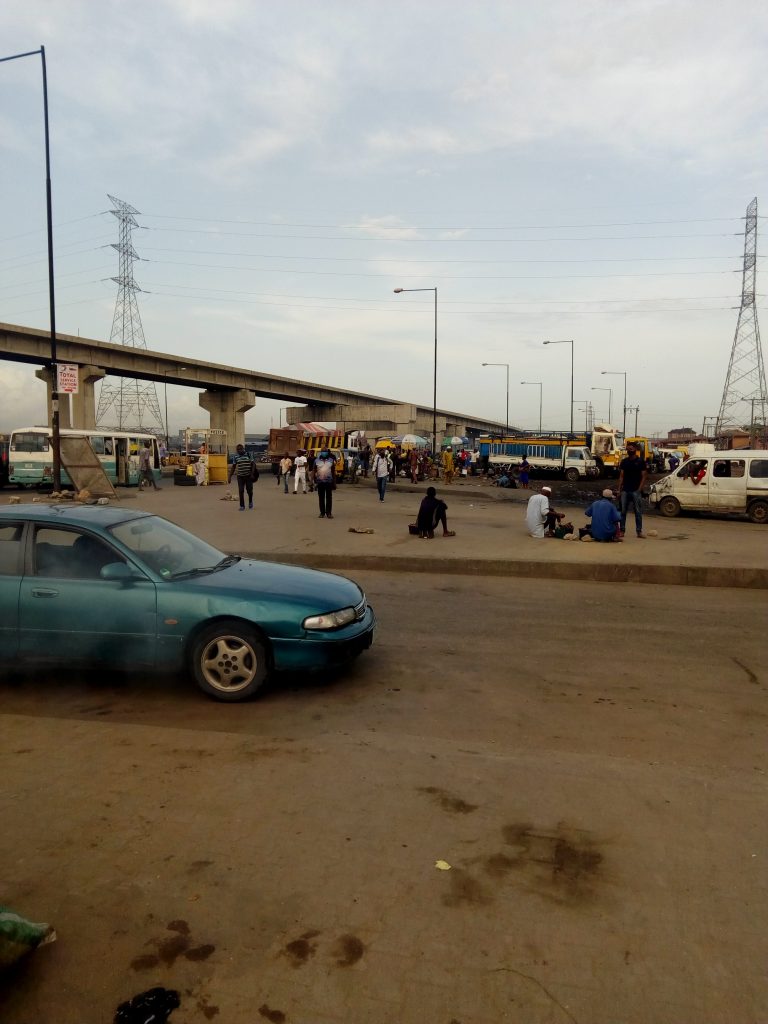
“With the pandemic lockdown, a lot is really changing about Lagos lifestyle” Akorede Rashid, a Lagos resident observed.
Life in Lagos
Lagos is one of the cities in Nigeria, West Africa that inhabits over 20million people. The fastest-growing metropolitan city in the emerging economies of Africa.
It is arguably the most economically important state of the country, the nation’s largest urban area. It is a major financial center and would be the fifth-largest economy in Africa.
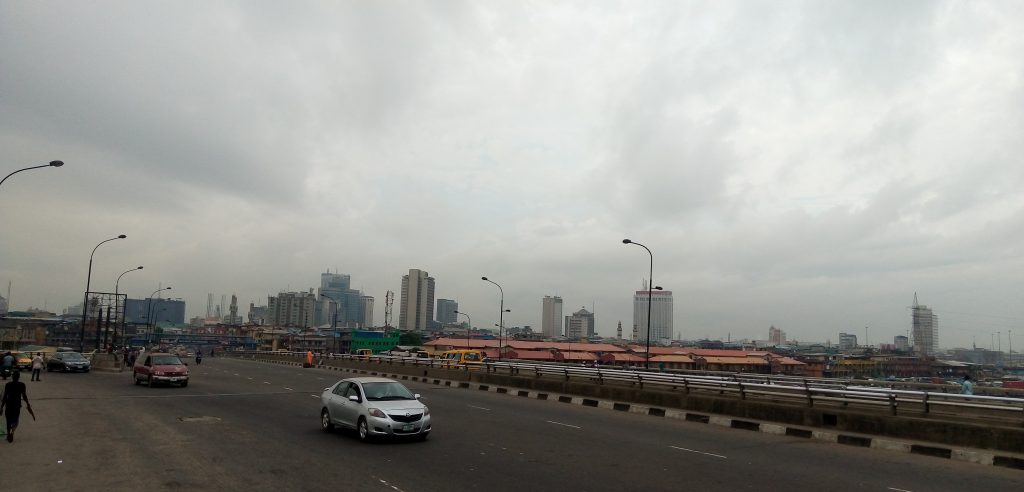
The lush of the city to the bustling and hustling life of the people, the ever-busy pubs, noisy scenes in some suburbs, and the dreaded traffic jam on the Third Mainland Bridge are all home to many in search of life and survival.
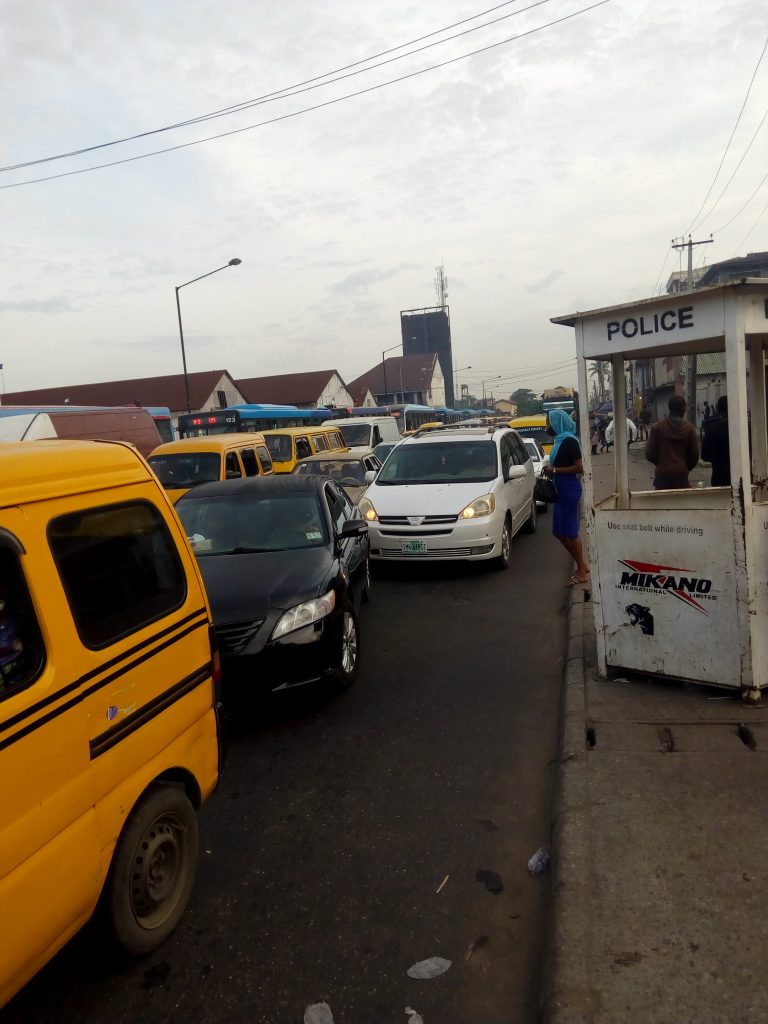
The scenery of emerging urban shelters in Lekki and Banana Island and the bubbling city lifestyle is what makes the city exuberant, colored, and glamorous to be the ‘Eko’ as its popularly called in native Yoruba language.
Is Lagos changing?
The ever-busy city within the few months of the outbreak has had to adjust its lifestyle and culture.
“Social life will definitely change and adjust since no one knows how soon the pandemic will end. There is a possibility that many things will change about living in Lagos and its lifestyle at last for good,” said Olalekan Fatai, a banker who has lived in Lagos for over five years.
Further to the regulations and measures as it continues to be rolled out and reinforced by the state government, will Lagos ever return to its normal lifestyle? This is a question that has left many residents of Lagos wondering as the impact of the lockdown lingers.

These lifestyles are becoming gradually replaced with new social ways of life forced on the people by the pandemic. The social life of Lagos City is second to none compared to other cities in Nigeria.
Talk of the social gatherings, the exuberant “Owambe” parties, the furious street life, the vibrant nightlife, arts and music, cinemas, and market trades. These are all the cultures that herald the beauty of a typical life in Lagos.
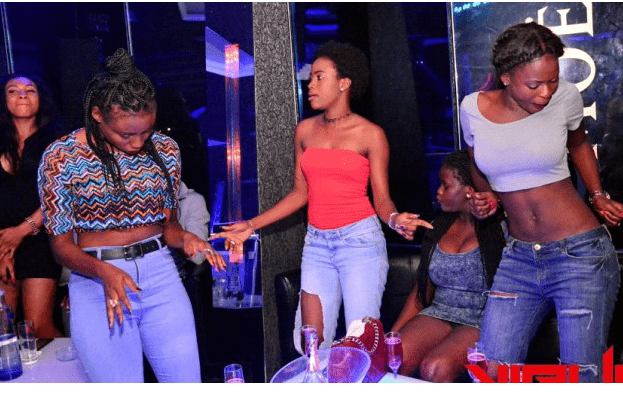
While many others have not been to clubs and parties, Femi Kiddani said he has been homesick.
“I have become homesick and have not been to a party or club for a month. This is unusual. I think a lot is changing in my life during this period. Even the fear alone has made one be extremely careful of anything about life. I may not be doing so many of the stuff I used to do before because I live in fear every day. It could be for good because after the Coronavirus is gone the city will thrive more”, he noted.
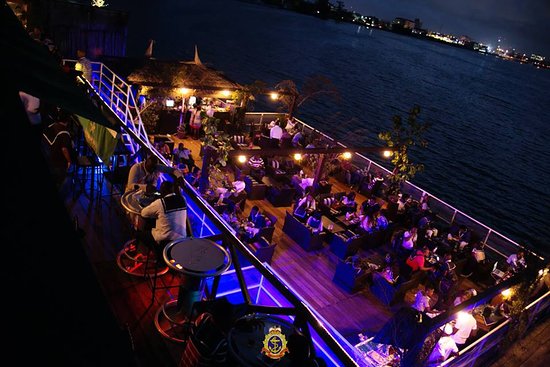
Babatunde Olalere, a real estate developer and a businessman said, “Our outdoor dining culture will be affected, and our traditional food vendors will need to adjust massively in terms of basic food hygiene. This will require sensible but unobtrusive government intervention schemes that will allow the business to carry on, but with changes.
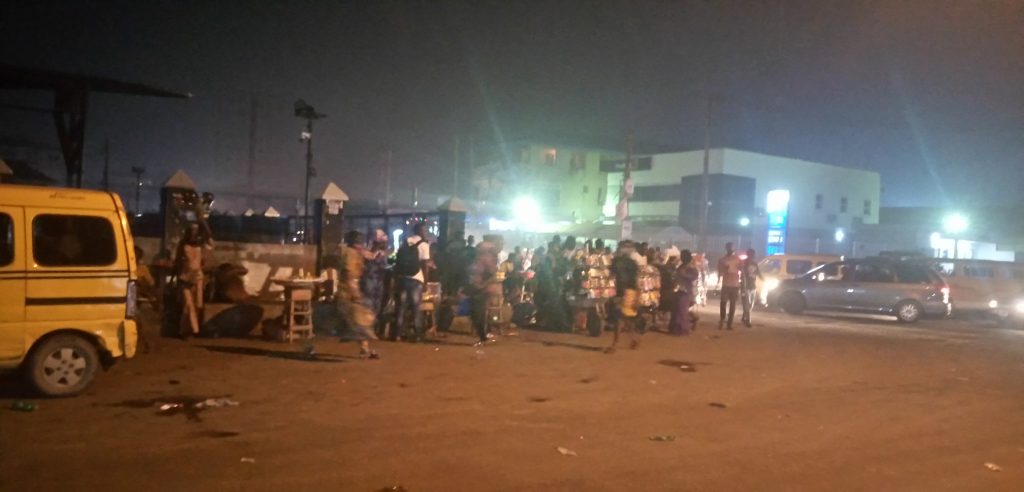
If we cannot do business, especially at the lowest levels, most urban centers in Nigeria would simply die. However, we have to find ways of doing business safely and in ways that help preserve the health of our customers.”
“Already, Lagosians rely more on home delivery service providers, so this is one area that needs to be smartly and efficiently regulated, not necessarily for the financial gain of government, but for the protection of citizens so that measures in preventing the spread of the virus does not end up becoming a major vector”, he said.
The lockdown and physical distancing are conditioning Lagosians to adjust to fit into new ways of living, reuniting, and creating more bonds among families. It has changed the social and interpersonal interaction among members of the public.
This is not the first time the city has been hit by a dreaded disease. Ebola was one of the dreaded cases in the past which took its toll on the people a few years ago. But not much of disruption happened to the city.
Should Lagos life evolve?
Lagosians are left with much to think about as the struggle continues in the fight against the virus just as it seems that the virus may not be ending anytime soon.
“Enough is not changing yet, but it must, for the good of all and it is better if it is voluntary, but driven by massive citizen education by the government”. Olalere said.

“Our approach to personal hygiene, education in formal & informal settings, crowd control, public building architecture and design, how we relate with one another, public transport systems, our public health system, all must change going forward.
“The first warning was the Ebola epidemic which we really handled well, but clearly did not maximize in terms of lessons learned. Many things that ought to have changed remained the same, and Lassa fever came along. Still, we chose to almost ignore that one” Olaere said.
He further said that the urban life in Nigeria needs to change, not just in Lagos alone.
Do you agree with this? Let us know what you think in the comment section.


